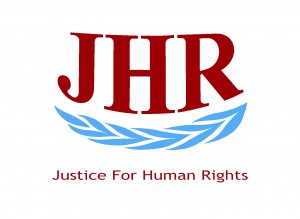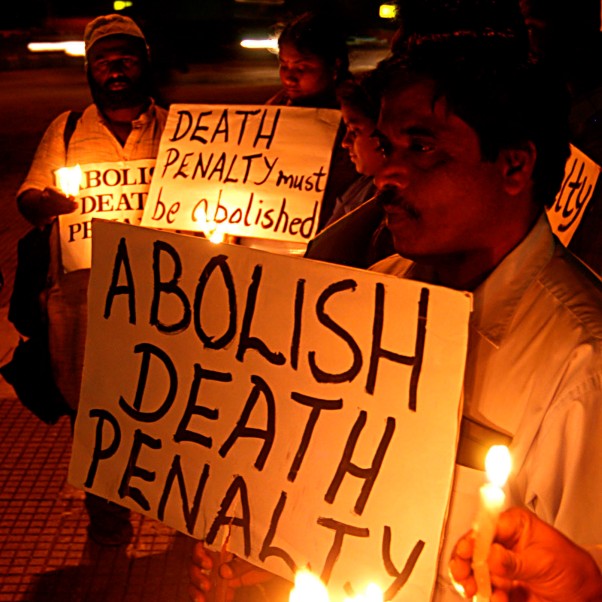ABOLITION OF THE DEATH PENALTY
Abolition of death penalty and fight against torture The European Union is strongly opposed to the death penalty. The death penalty is cruel and inhuman, a violation of the right to life and does not act as a deterrent to crime. The death penalty is discriminatory: it disproportionately affects minorities, the poor and most vulnerable.
The EU is a leading political actor and the world’s largest donor in the fight against the death penalty. Huge progress has been made towards achieving full-world abolition. While in 1960, only 25 countries were abolitionist, today 115 countries have abolished in law and there are no executions over the last 10 years in 162 countries, out of the 193 UN member states. These numbers continue to grow.
In line with the EU Guidelines on Death Penalty, the EU consistently raises the issue in political or human rights dialogues with countries that still use capital punishment. It encourages abolition of death penalty, or as a first step the introduction of a moratorium on the use of death penalty. At the very least the EU calls for the respect of international minimum standards by countries still using this inhuman punishment. At the multilateral level, a major breakthrough is the adoption since 2007 at the UN General Assembly of resolutions calling for a global moratorium on the death penalty.
FIGHT AGAINST TORTURE
The prohibition of torture and other cruel, inhuman or degrading treatment is absolute in international law. The EU’s strong commitment to the fight against torture and ill-treatment is enshrined in the European Union Treaties and Charter of Fundamental Rights.
The EU follows a comprehensive approach to eradicate torture (prohibition, prevention, accountability of perpetrators, redress for the victims) using all the political and financial tools at its disposal. This is reflected in the EU Guidelines on torture and ill treatment.
The EU encourages all countries to ratify and effectively implement the UN Convention against Torture and its optional protocol (OPCAT) and cooperate with the UN Committee against Torture as well as other monitoring mechanisms. It also promotes the Global Alliance for Torture-Free Trade, a cross-regional effort bringing together more than 60 countries committed to ending trade in goods used for capital punishment and torture, and supports the establishment of international standards in this field.


